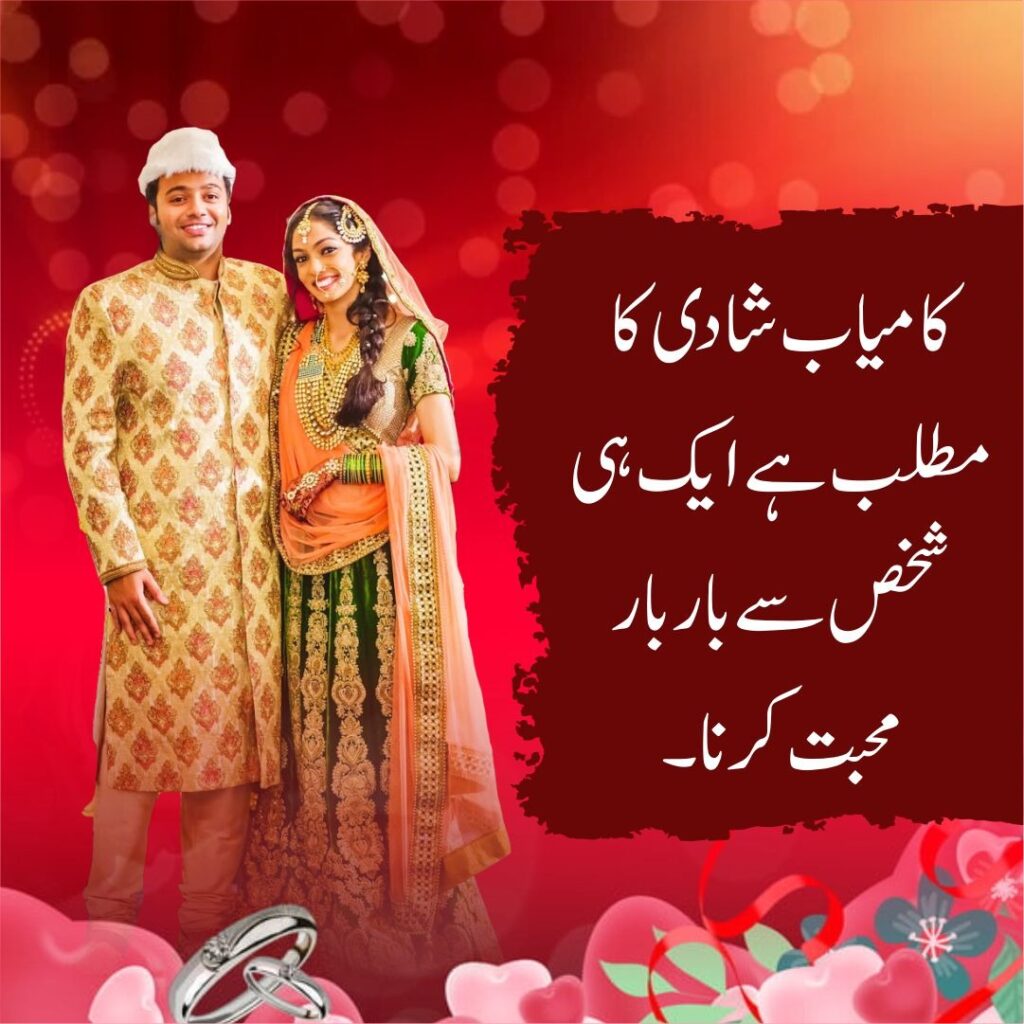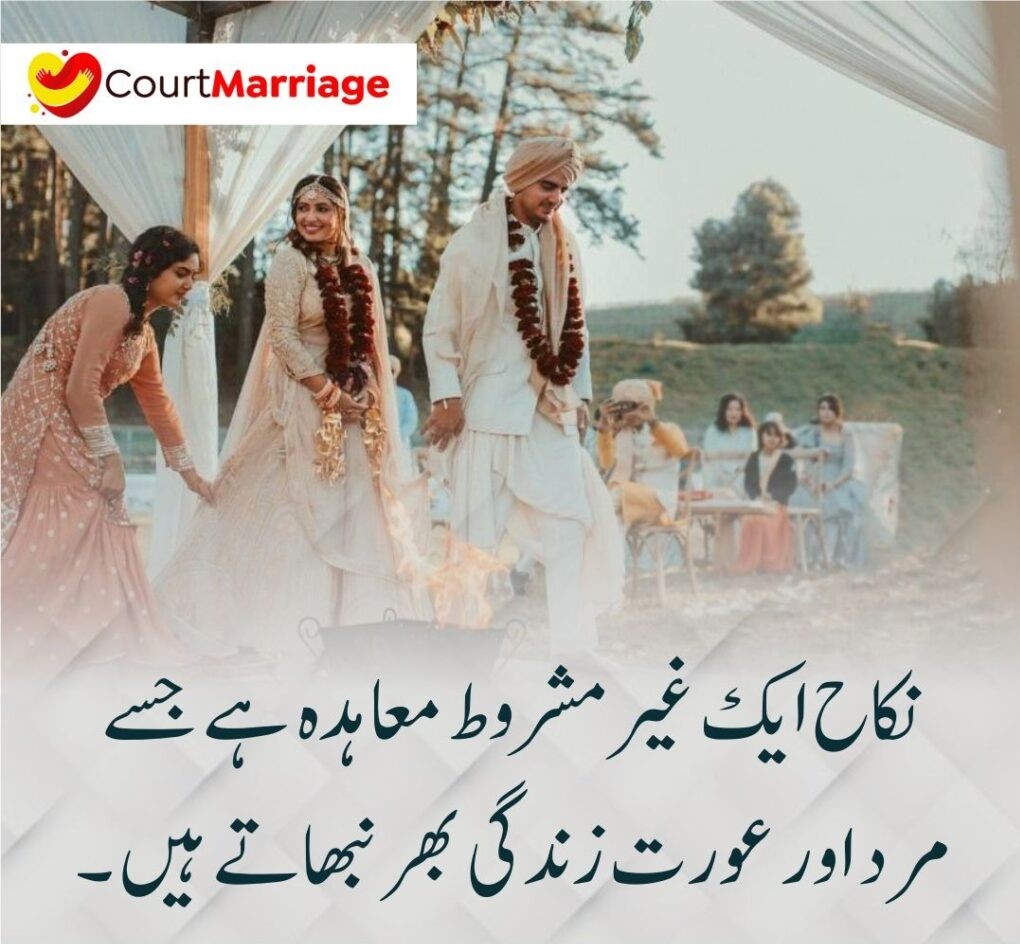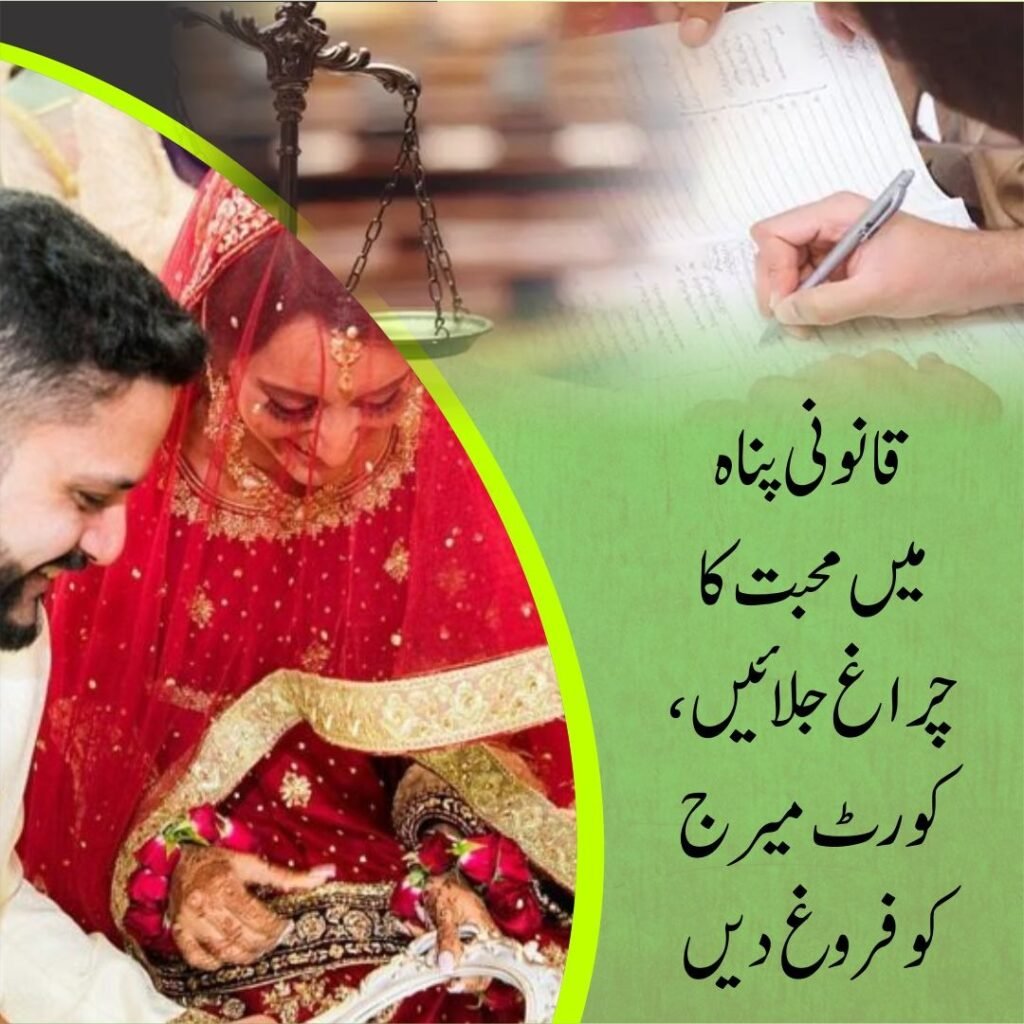Court Marriage|Court Marriage In Islam: A Very Helpful Guide To All Muslims
BLOG by HAF.MUH.ASFEE.ANS
Court Marriage in Islam: A Permissible Option
Court marriage is permissible in Islam as long as it is done under Islamic law. This means that the bride and groom must both be consenting adults, and a qualified Islamic scholar or marriage registrar must solemnize the marriage.
There are many benefits to court marriage, including:
- It is a straightforward process.
- It is affordable.
- It is egalitarian and does not discriminate based on religion, caste, or creed.
- It is a legal and binding union.
Some people may have concerns about the validity of court marriages in Islam. However, it is important to note that Islamic scholars have not agreed on this issue. Some scholars believe that court marriages are invalid, while others believe they are valid as long as they are done under Islamic law.
If you are considering getting married in a court, it is important to consult with a qualified Islamic scholar to get their guidance.
Understanding Court Marriage in Islam
Court marriage in Islam is a legal and binding union between a man and a woman solemnized by a civil authority, such as a judge or marriage registrar. It is a relatively new concept in the Islamic world, but it is becoming increasingly popular, especially in countries with a growing demand for secular marriage laws.
- There are many reasons why couples may choose to have a court marriage in Islam. Some couples may want to avoid the religious aspects of a traditional Islamic marriage ceremony. Others may want to marry someone from a different religious background. Still, others may prefer the simplicity and convenience of a civil marriage.
- Court marriage in Islam is generally considered to be permissible, although there is some debate among scholars about the specific details. Some scholars argue that court marriage is only acceptable if there is no other way for the couple to marry, while others say it is permissible in all cases.

The Legal Framework of Court Marriage in Islam
The legal framework for court marriage in Islam is based on the Quran and the Sunnah. The Quran states that marriage is a contract between a man and a woman and that the consent of both parties is essential for a valid marriage. The Sunnah provides additional guidance on the marriage process, such as the requirement for witnesses and the exchange of dower.
- The Muslim Family Laws Ordinance of Pakistan 1961 codified the Islamic law on marriage, divorce, and inheritance. The Ordinance provides that a Muslim marriage may be solemnized in two ways: through a traditional nikah ceremony or a court marriage.
- A court marriage is solemnized before a magistrate or marriage registrar in the presence of two witnesses. The bride and groom must both be of sound mind and consent to the marriage of their own free will. The marriage registrar will then issue the bride and groom a marriage certificate.
- Court marriage is a valid and binding union under Islamic law. Couples who get married in a court have the same rights and responsibilities as couples who get married in a traditional nikah ceremony.
Benefits of Court Marriage in Islam
Court marriage in Islam is a legal and binding union between a man and a woman solemnized before a magistrate or marriage registrar. It is a simple, straightforward, and affordable process that offers many benefits to couples, including:
- Equality: Court marriage is based on the principles of equality and consent. The bride and groom have an equal say in the marriage and must consent to the marriage freely.
- Protection: Court marriage provides women with greater security than traditional marriage. For example, women in court marriages have the right to divorce and to retain their property in the event of a divorce.
- Transparency: Court marriage is a transparent process. The necessary paperwork is filed with the government, and the marriage certificate is public. This can help to protect couples from fraud and abuse.
- Affordability: Court marriage is a relatively affordable option for couples. The fees charged by marriage registrars are typically relatively low.
- Convenience: Court marriage is a convenient option for couples. The process can be completed relatively quickly, and there is no need for a large and elaborate wedding ceremony.
Overall, court marriage offers many benefits to couples looking for a simple, straightforward, and affordable way to get married under Islamic law.
Requirements for Court Marriage in Islam
In Islam, court marriage is a legal and binding union between a man and a woman solemnized by a qualified religious authority, such as a qazi or imam. The requirements for court marriage in Islam vary slightly from country to country, but the general conditions are as follows:
- Both the bride and groom must be Muslims.
- Both the bride and groom must be of legal age to marry (18 years old for men and 16 years old for women).
- Both the bride and groom must be mentally sound.
- Both the bride and groom must consent to the marriage freely.
- The bride and groom must not be closely related (siblings, cousins, etc.).
- The bride and groom must have at least two Muslim witnesses who can attest to the marriage.
In addition to the above requirements, some countries may require the bride and groom to provide proof of their identity and religious affiliation. It is important to check with the local religious authority to confirm the specific requirements for court marriage in your country.
Documents Required for Court Marriage in Pakistan
To get married in court in Pakistan, you will need the following documents:
- Copies of the bride and groom’s national identity cards (CNICs)
- Copies of the bride and groom’s parents’ CNICs
- Two passport-size photographs of the bride and groom
- A free-will affidavit from the bride
- A copy of the divorce certificate or death certificate of the previous spouse, if applicable
You will also need to have two witnesses present at the marriage ceremony. The witnesses must be adults and must have their CNICs.
Once you have gathered the required documents, you can submit them to the marriage registrar in your area. The registrar will schedule a date for the marriage ceremony, and you will be required to sign a marriage contract. After the ceremony, the registrar will issue you a marriage certificate.
The Procedure for Court Marriage in Islam (Step by Step)
Court marriage in Islam is a simple and straightforward process. It is based on the principles of consent and equality. The following is a step-by-step guide to court marriage in Islam:
- File an application for court marriage at the office of a marriage registrar. The application form can be downloaded from the National Database and Registration Authority (NADRA) website.
- Attach the following documents to the application form:
- Copies of the bride and groom’s national identity cards (NICs)
- Two passport-size photographs of the bride and groom
- An affidavit from each party stating that they are consenting to the marriage of their own free will
- A certificate from a registered medical practitioner stating that the bride and groom are free of any contagious diseases
- If the bride is under the age of 21, a consent letter from her guardian
- If the bride and groom are non-Muslims, an affidavit of religious beliefs
- The marriage registrar will publish a notice of intended marriage in a local newspaper. Suppose there are no objections to the marriage within 30 days of the publication of the notice. In that case, the marriage registrar will solemnize the marriage in the presence of the bride and groom and two witnesses.
After the marriage is solemnized, the marriage registrar will issue the bride and groom a marriage certificate.

Note: Court marriage in Islam is a legal and binding union. It is important to note that the specific requirements for court marriage may vary slightly from province to province in Pakistan. It is always best to contact our court marriage service provider, who is experienced in legal services.
Documents Required for Court Marriage in Islam
The following documents are required for court marriage in Islam:
- National identity cards (NICs) of both the bride and groom.
- Two passport-size photographs of both the bride and groom.
- An affidavit from each party states that they consent to the marriage of their own free will.
- A certificate from a registered medical practitioner stating that the bride and groom are free of contagious diseases.
- If the bride is under 21, a consent letter from her guardian.
- If the bride and groom are non-Muslims, an affidavit of religious beliefs.
In addition to the above documents, the following documents may also be required in some cases:
- A copy of the bride’s conversion certificate to Islam if she is a convert.
- A copy of the groom’s divorce certificate if he has been previously married.
- A copy of the bride’s divorce certificate if she has been previously married.
Court Marriage in Islam: Challenges and Misconceptions
One of the biggest challenges to court marriage is the lack of awareness about it. Many Muslim couples are unaware of the option of court marriage or believe it is not permissible in Islam. This is often due to misconceptions about the Islamic laws of marriage.
Another challenge to court marriage is social stigma. In some Islamic societies, court marriage is seen as a sign of disrespect for tradition or a sign that the couple is not serious about their marriage. This can discourage Muslim couples from choosing court marriage, even if it is their best option.
Despite these challenges, court marriage is gaining acceptance in many Islamic societies. This is due to many factors, including the increasing education and empowerment of Muslim women and the growing awareness of the benefits of court marriage, such as its simplicity, affordability, and egalitarian nature.

Frequently Asked Questions about Court Marriage in Islam
Question: Is court marriage valid in Islam?
Answer: Yes, court marriage is valid in Islam. Islamic law does not require a specific ceremony or ritual for a marriage to be right. All that is needed is for the bride and groom to consent to the marriage freely and in the presence of two witnesses.
Question: What are the benefits of court marriage in Islam?
Answer: Court marriage offers many benefits for Muslim couples, including:
- It is a straightforward process.
- It is affordable.
- It is egalitarian and does not discriminate based on gender, social status, or wealth.
- It is a legal and binding union.
Question: Who is eligible for court marriage in Islam?
Answer: To be eligible for court marriage in Islam, both the bride and groom must be:
- At least 18 years old.
- Mentally sound.
- Not already married.
- Not closely related (siblings, cousins, etc.).
Question: What documents are required for court marriage in Islam?
Answer: The following documents are required for court marriage in Islam:
- Copies of the bride and groom’s national identity cards (NICs).
- Two passport-size photographs of the bride and groom.
- An affidavit from each party states that they consent to the marriage of their own free will.
- A certificate from a registered medical practitioner stating that the bride and groom are free of contagious diseases.
- If the bride is under 21, a consent letter from her guardian.
Question: What is the step-by-step process for court marriage in Islam?
Answer: The step-by-step process for court marriage in Islam is as follows:
- File an application for court marriage at the office of a marriage registrar.
- Publish a notice of intended marriage in a local newspaper.
- Wait 30 days for any objections to the marriage to be raised.
- If there are no objections, the marriage registrar will solemnize the marriage in the presence of the bride and groom and two witnesses.
- The marriage registrar will then issue the bride and groom a marriage certificate.
Court Marriage in Islam: A Path to Fulfilling and Legally Recognized Marriage
Court marriage in Islam is a valid and practical option for Muslim couples seeking a legally recognized union while adhering to Islamic principles. By understanding the legal framework, benefits, requirements, and procedure, couples can make informed decisions regarding their marriage. Clarity on legal rights and responsibilities, along with addressing common misconceptions, can lead to successful and fulfilling marriages under the guidance of Islamic principles.
Contact Us
Qanoon Online, 206 Al-Aisha Chambers, Near Passport Office & Sindh High Court, Saddar karachi.
For inquiries and consultations, you can reach us at:
Phone Number:
92 316-6644789
+92 302-6644789
+92 331-2316879
+92 333-2316871
Some Useful Links of the Top Court Marriage Sites in Pakistan
- Court Marriage Procedure
- Court Marriage in Pakistan
- Family Lawyers For Court Marriage
- Court Marriage & Online Shadi
- Court Marriage Rules
- Court Marriage in Islamabad
- Court Marriage Law
- Court Marriage Process
- Court Marriage Rawalpindi
- Court Marriage Nikah Nama
- Court Marriage Live
- Court Marriage-Civil Marriage

